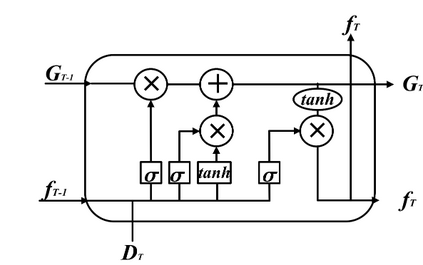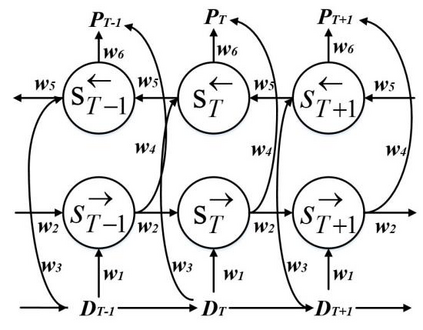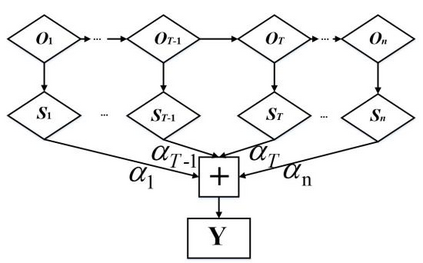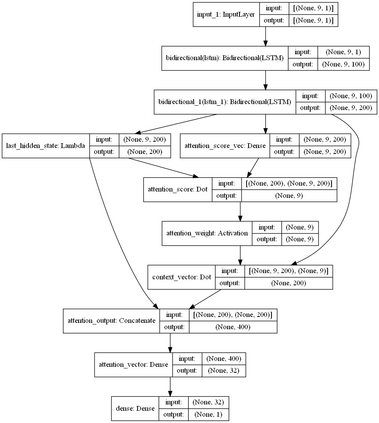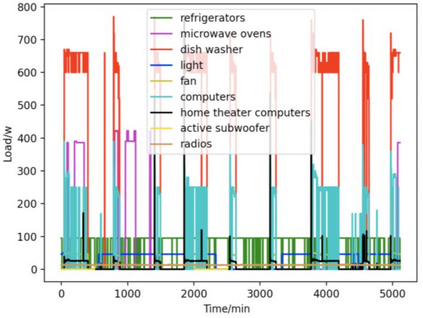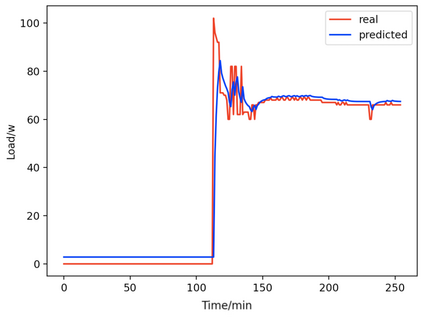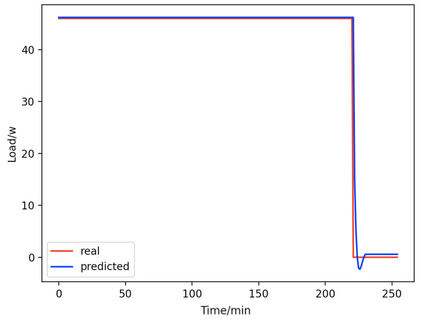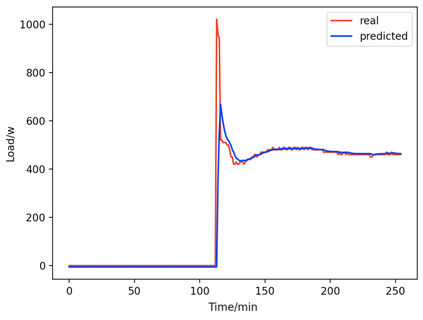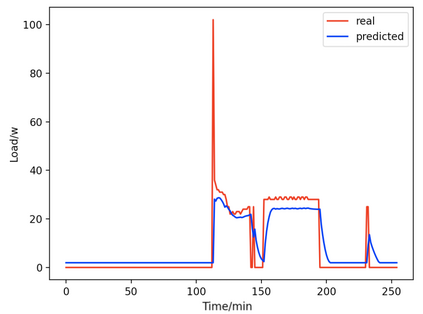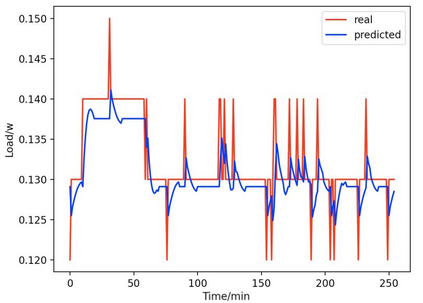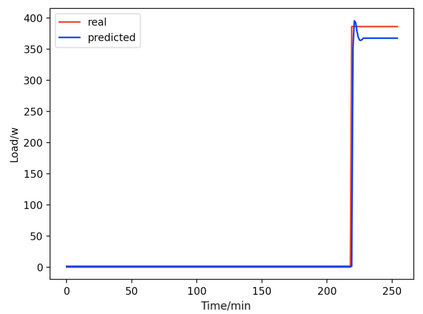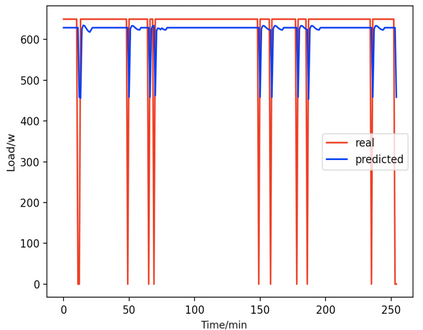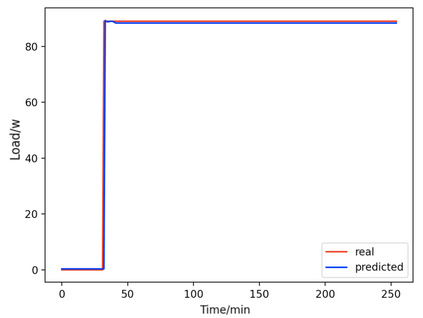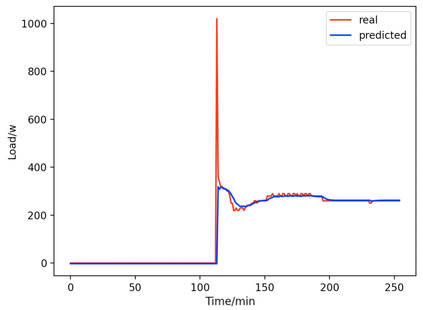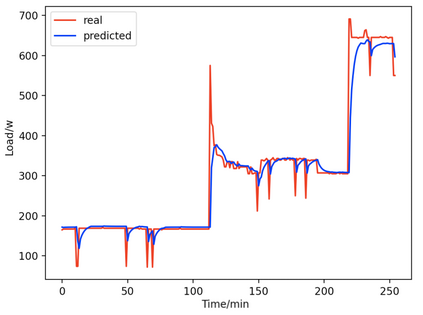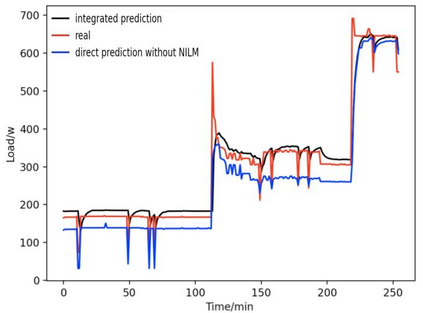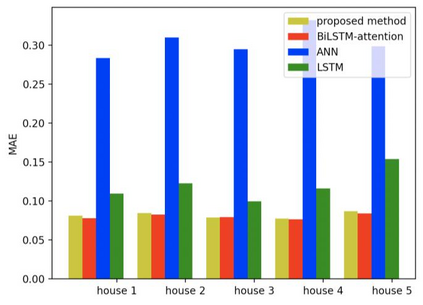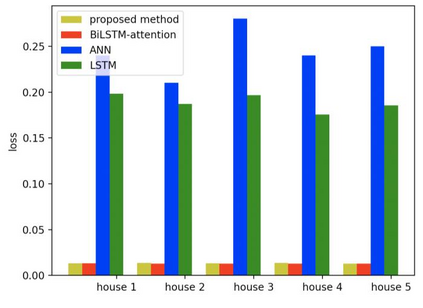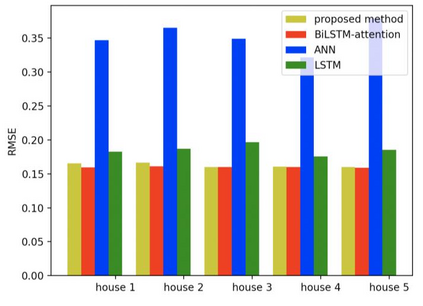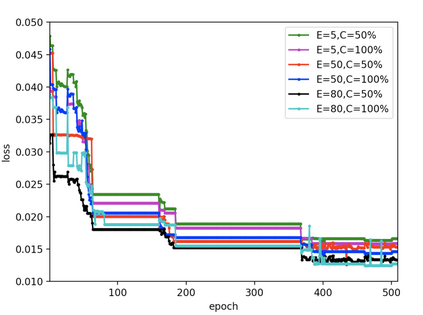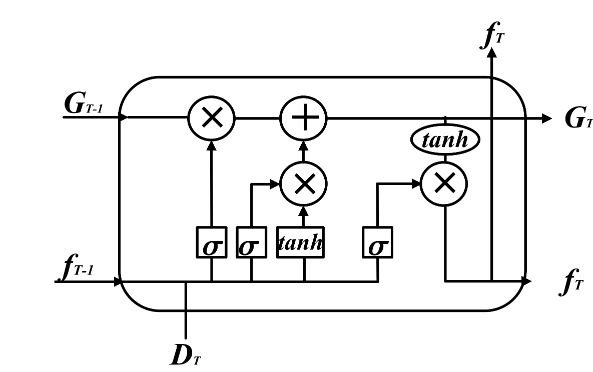Load forecasting is very essential in the analysis and grid planning of power systems. For this reason, we first propose a household load forecasting method based on federated deep learning and non-intrusive load monitoring (NILM). For all we know, this is the first research on federated learning (FL) in household load forecasting based on NILM. In this method, the integrated power is decomposed into individual device power by non-intrusive load monitoring, and the power of individual appliances is predicted separately using a federated deep learning model. Finally, the predicted power values of individual appliances are aggregated to form the total power prediction. Specifically, by separately predicting the electrical equipment to obtain the predicted power, it avoids the error caused by the strong time dependence in the power signal of a single device. And in the federated deep learning prediction model, the household owners with the power data share the parameters of the local model instead of the local power data, guaranteeing the privacy of the household user data. The case results demonstrate that the proposed approach provides a better prediction effect than the traditional methodology that directly predicts the aggregated signal as a whole. In addition, experiments in various federated learning environments are designed and implemented to validate the validity of this methodology.
翻译:由于这一原因,我们首先提出基于联合深层学习和非侵入性负载监测的家庭负载预测方法。 据我们所知,这是根据NILM对家庭负载预测中联合学习(FL)进行的第一个研究。在这个方法中,集电通过非侵入性负载监测分解成单个装置的动力,而个别电器的功率则通过一个联合深层学习模型单独预测。最后,单个电器的预测功率值被汇总成总功率预测。具体地说,通过单独预测电力设备以获得预测的功率,它避免了单一装置电信号高度依赖时间造成的错误。此外,在联合深度学习预测模型中,拥有电力数据的住户主分享当地模型的参数,而不是当地电力数据,保证住户用户数据的隐私。案例结果表明,拟议的方法比直接预测总功率的传统方法提供更好的预测效果。此外,在各种联合学习环境中,还进行了设计了各种试验,以验证有效性。

